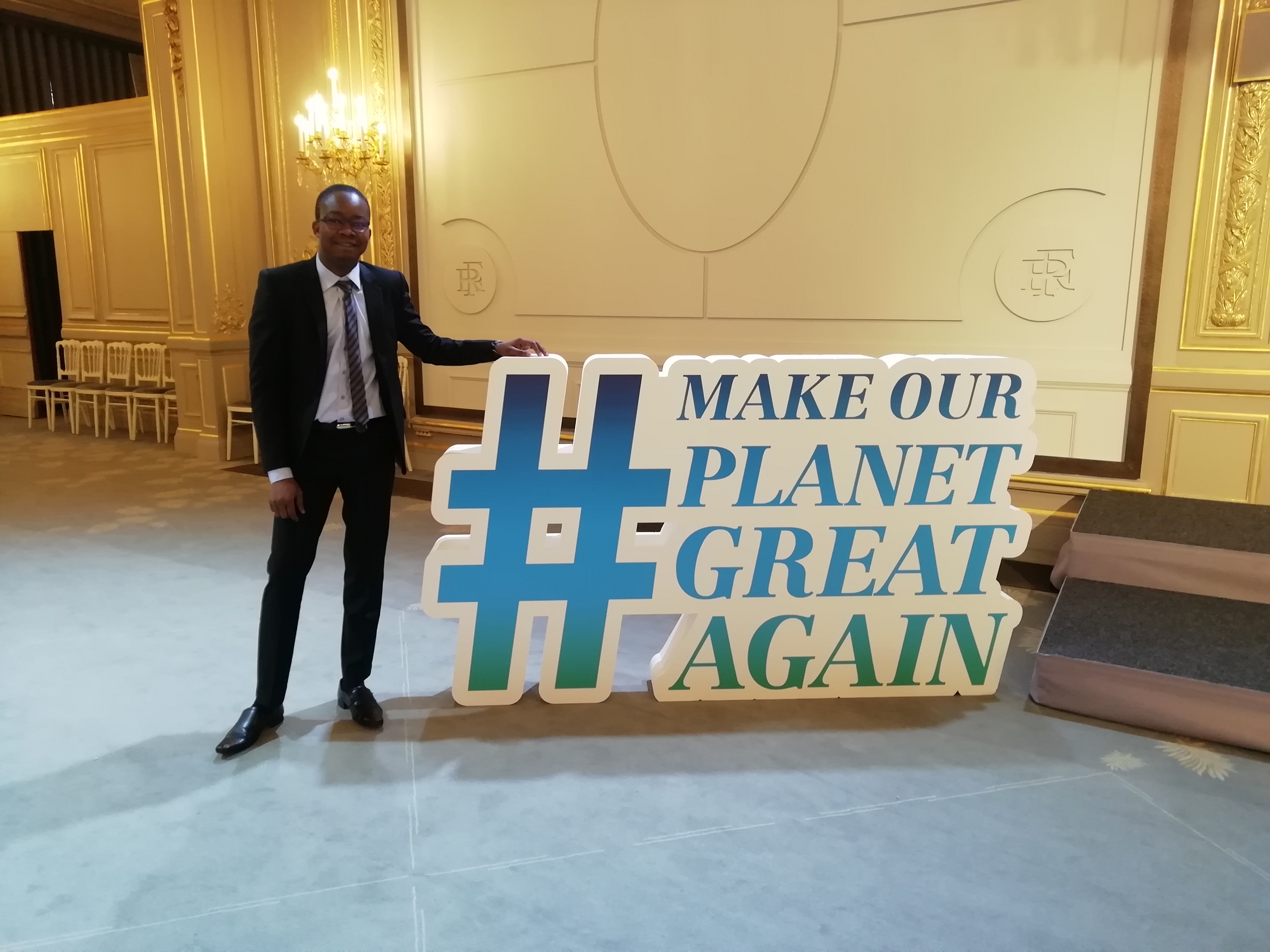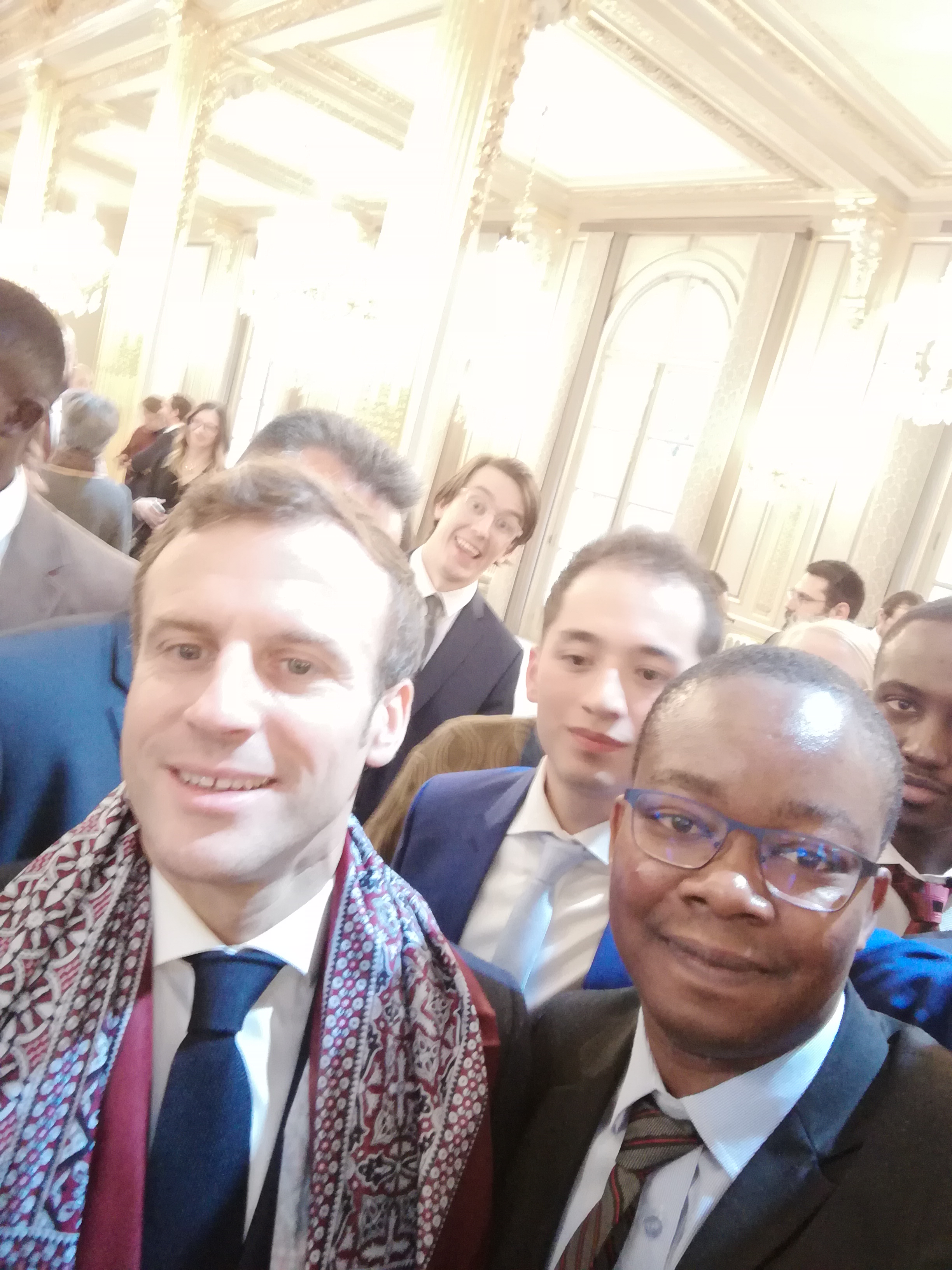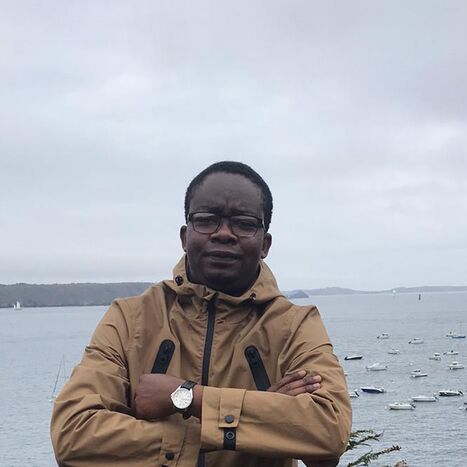Once at the Elysée Palace, the French presidency
The day of commemoration of the initiative of the MOPGA program and the celebration of its 2nd anniversary, took place in a very rich exchange and promising fruits in the immediate future. This ceremony was opened and attended by the President of the Republic, Mr. Emmanuel MACRON, accompanied by a ministerial delegation of women: Frédérique VIDAL (Ministry of Higher Education, Research and Innovation), Élisabeth BORNE (Ministry of Ecological Transition and Solidarity) and Brune POIRSON (Secretary of State to the Minister of Ecological Transition and Solidarity). Indeed, after the opening words of the President of the Republic, the Ministry of Higher Education, Research and Innovation, focused the discussion on three questions for the laureates and the actors involved in MOPGA:
- • What made you come to France?
- • What do you bring in terms of scientific knowledge?
- • How can this knowledge be used to inform public decisions and policies?
In a burst of gratitude for the initiative of President E. MACRON, the laureates selected for the occasion, took the floor in turn and reported on their motivation and the relevance of their research work. Each intervention was followed by questions from the President, for more clarification and accessibility in favor of political decisions (ongoing or urgent to consider). Following these interventions, the President concluded by emphasizing three categories of projects that the scientific community must take into consideration in the development of its competences, in response to the themes of climate change in all its dimensions.

Indeed, he recalls his desire and ambition to make the MOPGA initiative more attractive and sustainable by sharing it throughout Europe and beyond. This is a lever to increase the attractiveness of research, in the desire of the President to place France as a leader on the issue of global warming, and beyond their impacts on biodiversity and ecosystems. Thus, the scientific community should be mobilized:
1- On extremely concrete projects: topics of the poles, ocean, climate, primary forests, biodiversity and food in the sense of a convergence. Scientific projects should be societal projects to facilitate convergence between science, society and politics. In other words, to make research an immutable source of solutions, by identifying the big challenges. To make the results of research projects more useful and used. Knowledge and progress should be considered as a source of solution, not just to abject or to indicate where the problem is (as pointed out by the Ministry of Higher Education, Research and Innovation).
2- To succeed in structuring and factualizing the objectives (of medium to long term) for the change of the system of production of political decisions. This will allow the control of direct and indirect consequences of non-decision, for a better orientation of political actions and to better feed the political agenda.
3- The convergence of hard sciences and humanities, in the sense of how to change the attitudes of citizens and how to make change acceptable. To proceed to the conversion of the factual elements and the competences present in the heart of the different scientific research disciplines, in favor of a fusion with the human sciences to allow society, a good ecological transition and solidarity in the context of climate change.
Finally, the President concluded by notifying us that we are the best ambassadors of MOPGA. All students, researchers and teacher-researchers must mobilize themselves and the international community to bring the "Make Our Planet Great Again" program to life. He also announced the implementation and finalization of the research programming law, which will allow the simplification of all these actions mentioned above. It was a very motivating day and full of work relaunch. Thank you to the President for his initiative, to the rescue of the climate.

